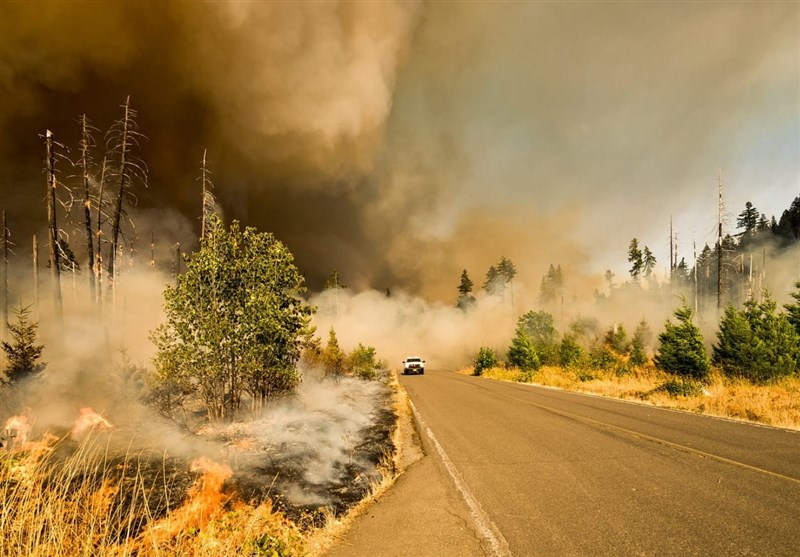New Study Reveals Alarming Climate Risks for Today’s Newborns: A Call to Action for Future Generations
Children born in the 2020s are projected to face significantly higher risks from extreme climate events compared to those born in previous generations. A recent study published in the journal Nature reveals alarming statistics about the escalating climate crisis and its impacts on future generations. The research highlights that the most vulnerable populations, particularly in low-income areas, will suffer the most from these environmental changes.
The study, published on May 7, asserts that under current global policies, which could lead to a temperature rise of 2.7°C (4.9°F) by 2100, children born today are likely to experience a dramatic increase in climate-related disasters, including:
- Heatwaves
- Floods
- Droughts
- Wildfires
- Cyclones
- Crop failures
According to the data, children born in 2020 are between two and seven times more likely to encounter extreme climate events that historically have occurred only once in 10,000 years compared to those born in 1960. If global temperatures rise to 3.5°C (6.5°F) by the end of the century, the research predicts that:
- 92% of today’s five-year-olds will experience deadly heatwaves
- 29% will face crop failures
- 14% will encounter major floods
In stark contrast, only 16% of individuals born in 1960 were exposed to extreme heat during their lifetime. Luke Grant, the lead author of the study and a physical scientist at the Canadian Centre for Climate Modelling and Analysis, emphasizes the critical need for climate stabilization. “By stabilizing our climate around 1.5°C above pre-industrial temperatures, about half of today’s young people will be exposed to an unprecedented number of heatwaves in their lifetime,” he explained. “Under a 3.5°C scenario, over 90% will endure such exposure throughout their lives.”
The findings of this research were derived from an integration of climate model projections and global demographic data, allowing researchers to estimate the generational exposure to climate extremes under various emissions scenarios. For instance, under the most optimistic scenario of limiting warming to 1.5°C, 52% of children born in 2020 are expected to face unprecedented heat levels, while the figure escalates to 92% in a worst-case scenario of 3.5°C warming.
Moreover, the risks of crop failures, droughts, cyclones, and wildfires are significantly heightened, particularly in vulnerable regions such as:
- The United States
- South America
- Sub-Saharan Africa
- East Asia
Children in low-income regions, especially those situated near the tropics, are anticipated to bear the brunt of these climate challenges. Presently, 92% of children born into low-income families are expected to face lifetime exposure to climate extremes under current policy trajectories, compared to 79% of their wealthier counterparts.
“Living an unprecedented life means that without climate change, one would have less than a 1-in-10,000 chance of experiencing that many climate extremes across one’s lifetime,” Grant stated, underscoring the severity of the situation. It is important to note that this study did not account for additional factors related to climate change, such as migration, fertility, mortality, or conflict, suggesting that the actual risks could be even greater.
In a commentary accompanying the study, researchers Rosanna Gualdi and Raya Muttarak from the University of Bologna expressed their concerns about the findings, stating that they “reveal an alarming intergenerational gap” in climate exposure. They emphasize that if greenhouse gas emissions continue unabated, global warming will worsen, leading to increased frequency and severity of climate-related hazards for today’s children.
They also stress the urgent need for emissions reductions and equitable strategies in the transition to a net-zero future to address this intergenerational inequality. “Neglecting it jeopardizes the future of our children,” they concluded, highlighting the pressing need for global action to combat climate change and protect future generations.
The imperative for immediate and effective climate action has never been clearer. The well-being of today’s youth and future generations depends on the decisions and policies implemented today. By prioritizing sustainability and environmental stewardship, we can work towards a healthier planet for all.






